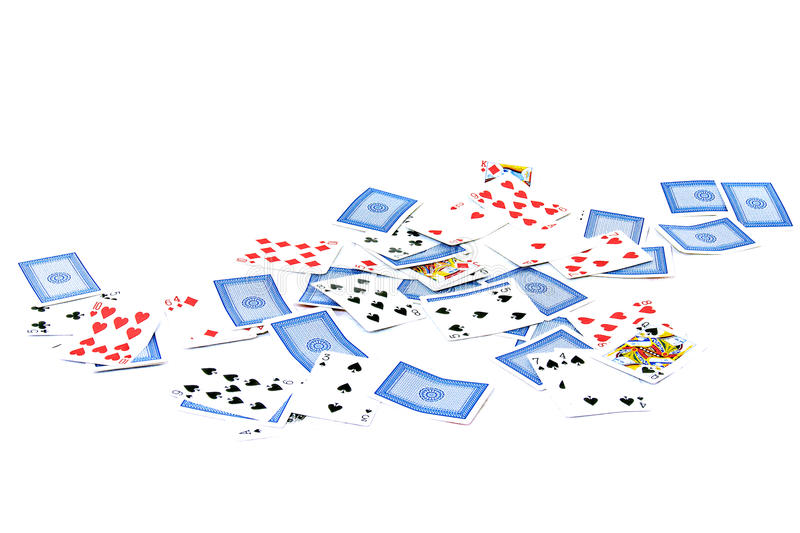A history on gambiling
February 16, 2022
Do you like winning? What about money? Then gambling may be the thing for you! However, it is important to recognize the best ways to gamble and do it responsibly. An extensive history of legal gambling and a degree of tolerance for illegal gambling has been present in the United States as long as societal standards and laws have swayed in its favor.
Early colonies had stark differences in attitudes toward gambling as the English adopted gambling ideologies where Puritan’s outlawed not only the possession of cards, dice, and gaming, but also dancing and singing. This specific type of hostility directed at the professional gambler is a common theme seen multiple times in the history of U.S. gambling.
These early colonies also were dealing with a double edged sword as some colonists viewed gambling as the source of the colonies problems because they had been relying on England. However, after separating from England, many viewed it as the inability of the colonies to sustain themselves. Although a very loaded opinion, it started to break down after lotteries bailed out the early colonies which later showed them as a net good in society.
Famous types of gambiling related to the lottery in the 19 and 20 centuries were the following: casinos, horse racing, bingo, roulette, and sports betting.
In more recent years, lotteries were operated at the state level and were constructed with a business mindset. The biggest national lotteries are the Mega Millions and Powerball, with both setting records for the largest jackpots in U.S. history, totaling upwards of $1.5 billion dollars. They are able to do this with the power of advertising, low winning rates, and the actual process of buying a lotto ticket with your chosen set of numbers.
Although controversial to a certain extent, lotteries proceed to help fund public sector programs like schools, parks, and provide financial aid for seniors and veterans.
The odds of winning such jackpots found, for example, in the Mega Millions is one in 302.6 million–while– the Powerball is one in 292.2 million. This boils down to the famous saying that you are more likely to get struck by lightning than win either of these lotteries, but still almost $82 billion is spent by Americans each year.
Chris Rundel, a regular lottery player recounts his experiences with it.
“I started playing the lottery when I was thirty years old and ever since I’ve been playing. I only spend around one to two dollars per game and am very responsible, but it’s more about the hope of winning someday. The only time I really won something was a couple years ago and I believe it was around $500”.
But what if you did win this? Many Americans believe that it would be a dream come true if they were to win, but depending on what you are winning it can truly end up hurting the individual. Let’s say you won a house, car, vacation, wedding, etc…You would be responsible for all the associated costs not covered by the winnings along with all the required taxes. However, in the case of huge sums in the lottery, you just have to pay for the taxes federal and state need and the best way to do that is to take it all and pay the lump sum, as annuity can sometimes be more risky. The best idea in this case would be to get a certified financial planner to break down the tax market.
Above all it is important that any type of gambiling be done responsibly and making sure you aren’t getting scammed in the process.





